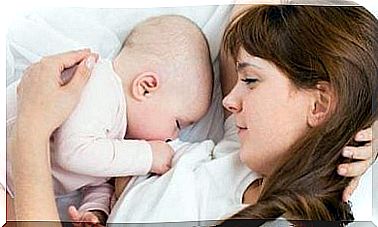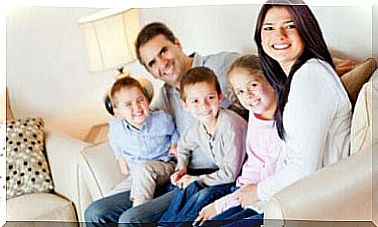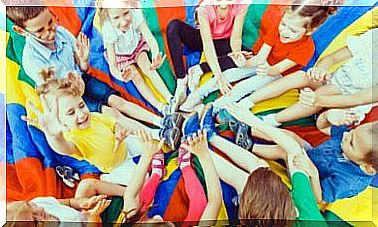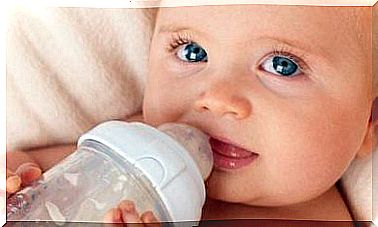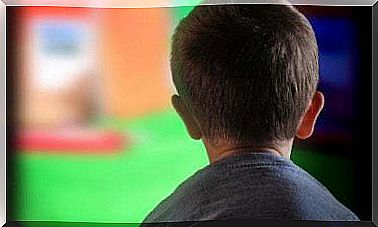I Also Teach My Children To Say Thank You, Good Morning And Please

Many of us still believe that teaching children good manners has a value. Because words like “thank you, good morning and please” are a reflection not only of civic sense, but also of that emotional connection that is established through words and with which we recognize the other person.
It is curious how, in recent years, a trend has arisen that affirms the need to “not force” the child to do anything. One pretends to think that it is he himself who chooses the moment in which to adopt a certain behavior, say a certain word or perform a certain action, as if, in this way, more respectful growth and maturation were guaranteed.
However, the classic laissez faire cannot be taken to the extreme. As parents, we cannot forget that we are most responsible for the proper integration of a child into his world. We need to give him examples, strategies and skills to connect with others at the most suitable stage of his life. Each learning process takes its time and we must be able to develop it in the child.
Teaching our children to say thank you, say good morning or please does not mean “forcing” them to do anything. It does not mean “to impose”. It means making them discover the power that certain words have in our society. They are gestures of harmony and recognition that must be taught as soon as possible.
Below we explain why.
“Thank you”: the power of a word to be discovered soon
The child’s socio-emotional development occurs between the ages of three and six. It is in this period that the development of language is consolidated on the basis of relational experiences. Learn from everything he sees, integrate the behavior and reactions of parents and even strengthen non-verbal communication (gestures, movements, attitudes…).
It is a small step in an ever-changing journey, until, after having overcome the barrier of self-centeredness and recognized its fellow men, it will approach a more correct, but also more complex emotional maturity.
With all this we want to highlight a fundamental aspect: as parents, we must always act by representing the best role model for our children. This is where the value of a “thank you, good morning and please” takes on an unrivaled power, which we sometimes underestimate.
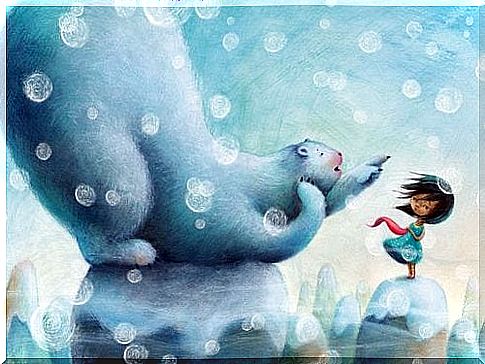
Giving thanks means understanding that he cannot have everything he wants
There are some really despotic little children. They take everything they receive for granted and that they feel fully entitled to act and react as they please.
- Undoubtedly we could immediately blame the parents for these behaviors. However, we must also remember that some children are more difficult than others. Accepting it is a challenge, but also a responsibility.
- A child’s social, civic and emotional upbringing starts very early. Long before he learns to speak, he already understands much more than we think.
- His frustration needs to be worked through. He cannot and must not always receive everything he wants. And when he does, when we give him something, it is necessary to teach him the word “thank you” as soon as possible.
Positive words that allow us to recognize others
When a three or four year old boy walks into a store and says thank you, good morning and please, he always elicits attention and smiles. It is a positive behavior that allows him to come into contact with others early.
- It is possible that, at this age, he still does not understand the importance of these expressions. However, he will understand that giving thanks will help him be respected, admired and valued.
- A “thank you” is equivalent to knowing how to recognize the gesture that others do for us. It means being able to consolidate the foundations of authentic empathy. It is a fundamental aspect for a child’s social and emotional development.
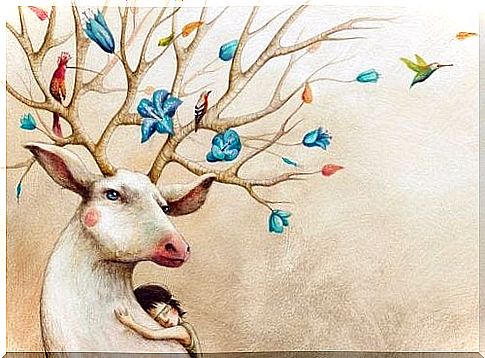
Positive words are contagious
Teaching a child to say thank you, good morning and please costs nothing and gives great results. If our children, when they reach school age, have integrated these behaviors, it is likely that they will end up “infecting” their peers. It is a model of civic sense full of positivity, which builds social relationships.
- Once again, it is necessary to remember the importance that some words have for human beings. A “I love you”, a “you are important to me” or a simple “thank you” are not just words. They are expressions that create emotions, a feeling that comes from within us and reaches the person in front of us.
- Making them ours, making a small child internalize them will make him, day after day, more empathetic and mature towards those around him. Not only will he say thank you, but he will also expect others to tell him.

When he makes a gesture for someone, he will expect to be recognized and respected. He will want others to treat him the same way he does. All this represents a model that he has learned from us and which will, without a doubt, be of great help in his daily life.
Do you also teach your children the value of these words?


